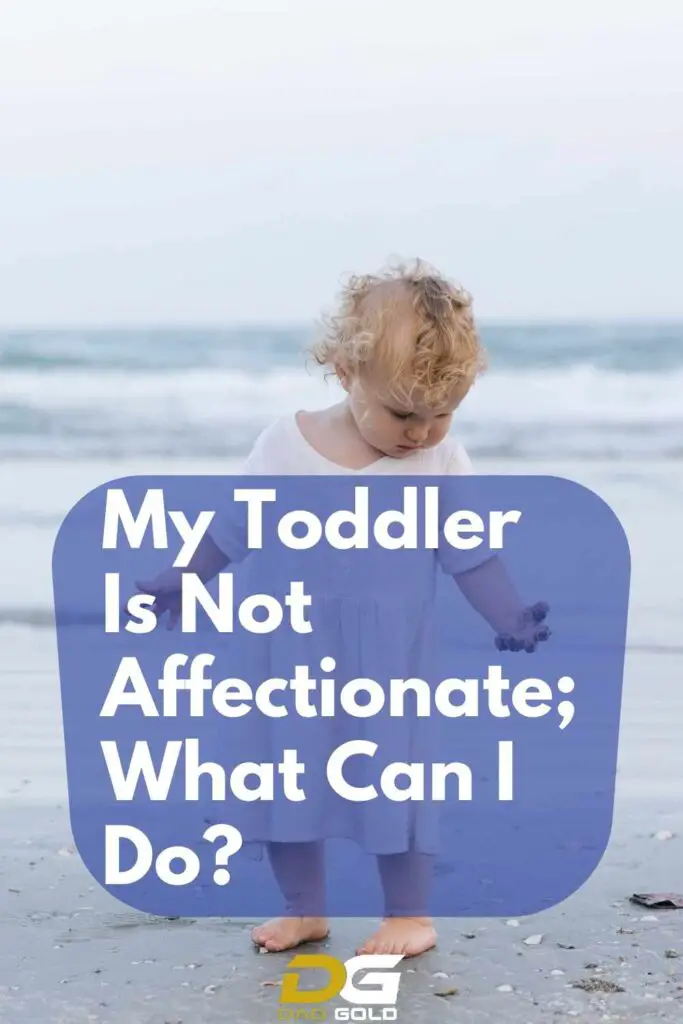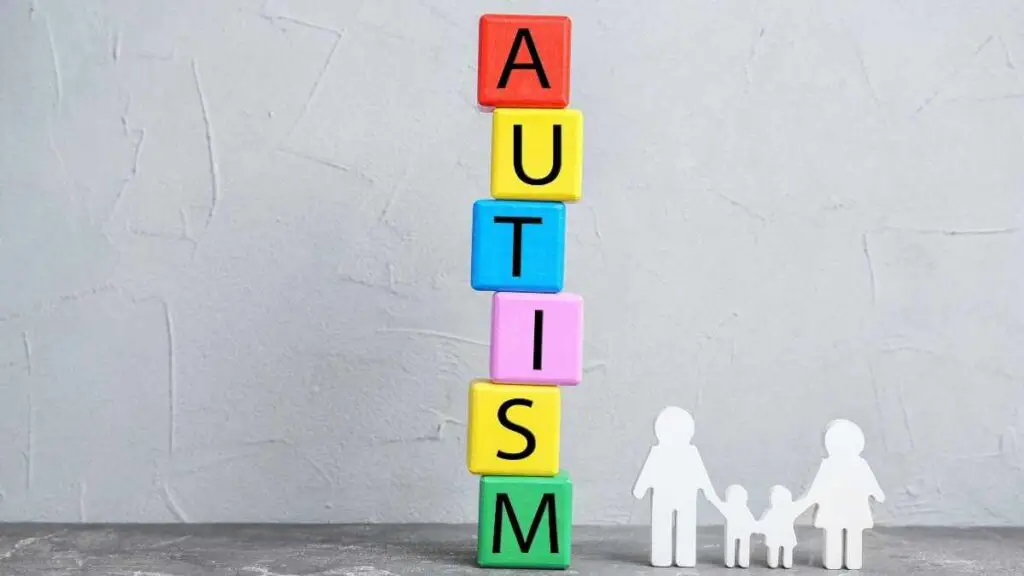Raising a toddler can be a challenge!
At times, they are running riot, destroying your home. Other times they are cute, cuddly, and attentive.
But what if they are not?
What if you have a toddler that is not affectionate and spurns your approach for a cuddle or kiss more often than not?

Why Does My Toddler Spurn Affection?
Don’t panic if your toddler suddenly rejects your approach. Trying to resist physical contact is a technique for young children to demonstrate individuality and establish authority.
On the other hand, Energetic toddlers are prone to wriggling out of embrace because they have something more to do! That might appear to be your toddler refusing to show affection.
Reasons Why Toddlers Are Not Affectionate?

The first thing to remember is that if your youngster avoids kisses and embraces, don’t take it too seriously.
Two-year-olds’ emotions can change as quickly as the wind.
-

Bold Male Pride – Baseball Trucker Cap Celebrating Masculinity
21,00 € Select options This product has multiple variants. The options may be chosen on the product page -

Dad Bod Appreciation Gift Mug
17,00 € Add to cart -

Dad Bod, Bad Jokes Structured Baseball Cap
26,00 € Select options This product has multiple variants. The options may be chosen on the product page
There are many reasons why your youngster can be pushing you aside or suddenly longing for a hug.
Kids Also Have Rough Days Just As We Do
If you leave your child at home with a babysitter, at a friend’s house, at preschool, or even at daycare, they may become irritated and upset with you, but this is merely a phase.
Small things like not having a turn on the swings at the park or you shouting ‘No’ to them repeatedly may cause children to become less loving.
If your toddler has had a rough day, they may spurn your advances for some affection.
Perhaps They Are Recovering From A Temper Tantrum
If your child moves away from you right after you disciplined them, warned them about their behavior, or took away things they loved, it’s natural for them to be sad, annoyed, disappointed, or maybe even completely enraged with you.
It’s possible that your toddler’s emotions have been wounded, and they want you to know. Perhaps they’re just tired, as a full-fledged temper tantrum can exhaust a little child!
They Can’t Explain Their Feelings.
Children can express their feelings but are unable to articulate them correctly.
Perhaps you’ve been out shopping, traveling, or doing chores, and they’ve missed you and are annoyed that you’ve been gone. Small children have no notion of time.
In any case, your child’s strong emotions overwhelm them, and they don’t try to explain what’s happening inside since they lack the language to express themselves effectively.
How To Respond When Your Toddler Isn’t Affectionate

Accept your child’s right to be unhappy, angry, unsatisfied, or irritated. Consider how you feel after a disagreement with a spouse, coworker, or friend: you’ll need time to feel ready to apologize. Your two-year-old isn’t any different.
Take a step back to see the bigger picture. It would help if you created clear, fair, and consistent rules around your child when they are ready to self-regulate.
Accepting their anger or despair while remaining unaffected is your obligation as a parent.
Your child wants you to be confident, compassionate, and understanding, but not overly so.
What Can You Do About It?

Choose The Correct Physical Affection
Many toddlers dislike long hugs but will take a quick hold or a face rub. Others would prefer to be tickled, wrestled, or high-fived.
If your toddler doesn’t like cuddles, move on to the next sign of affection. You might have a non-cuddly toddler!
After all, it is their body, and they should be able to choose if a hug or a kiss is too much.
So pick the perfect touch for the child, and chances are they’ll like it.
Free Them From Hugs And Kisses On Time
As soon as your child shows signs of trying to flee, release them from your grip and tell the rest of the family to do the same. If they know they can go away, they’ll be a little less shy in the first place.
Don’t Give Up Easily
Always keep trying, but remember that parents are advised not to impose affection since it conveys the opposite signal to children that adults may demand physical touch.
Follow their lead and remember that, even though they’re not the most huggable kid in the neighborhood, they adore you!
Other Reasons Why Toddlers Are Not Affectionate

When a parent’s toddler isn’t affectionate, one of the first notions that come to mind is that their child may have autism.
Abnormalities characterize autism spectrum disorders in language, social interaction, and how the child interacts with others.
Previously, a youngster could not be diagnosed until they were about four years old.
Early identification of autism has become possible as modern medicine has advanced and obtained a better understanding of the condition.
Furthermore, the earlier a child is diagnosed, the rehabilitation may begin sooner.
What Are The Symptoms Of Autism Spectrum Disorder

According to the CDC, these are the symptoms of Autism Spectrum Disorder:
- Avoids eye contact
- Doesn’t point or look at what you point to by 18 months
- Doesn’t notice when others are hurt or sad by 24 months
- Doesn’t engage in pretend-play by 30 months
- Shows little or no interest in peers
- Has trouble with empathy and understanding other people’s feelings at 36 months of age or older
- Has trouble talking about own feelings at 36 months of age or older
Please check with the CDC for an updated list of symptoms. Some of the signs on the CDC page will give you things to look out for, even from the baby stage.
If you think your toddler is showing symptoms or have any other medical concerns, please speak with a qualified medical professional immediately.
Final Thoughts
Whether your toddler is not affectionate or your child won’t sleep, you can make snap judgments and assume something might be wrong.
Various factors might cause a toddler’s rejection of hugs and kisses or other physical affection.
You should note any strange behaviors your child might display. You can offer the doctor a decent sense of what’s going on by keeping a journal indicating those behaviors’ regularity.
Your child will have a unique method of expressing his love for you. All you have to do now is figure out what it is. There are many ways your toddler will show you affection.
What matters is that you provide your toddler the attention they require to develop confidence.
Finally, if you notice strange behavior in your toddler and are concerned, please consult with a qualified medical professional.
You never know; your toddler may reverse and be overly affectionate!
Good luck!




